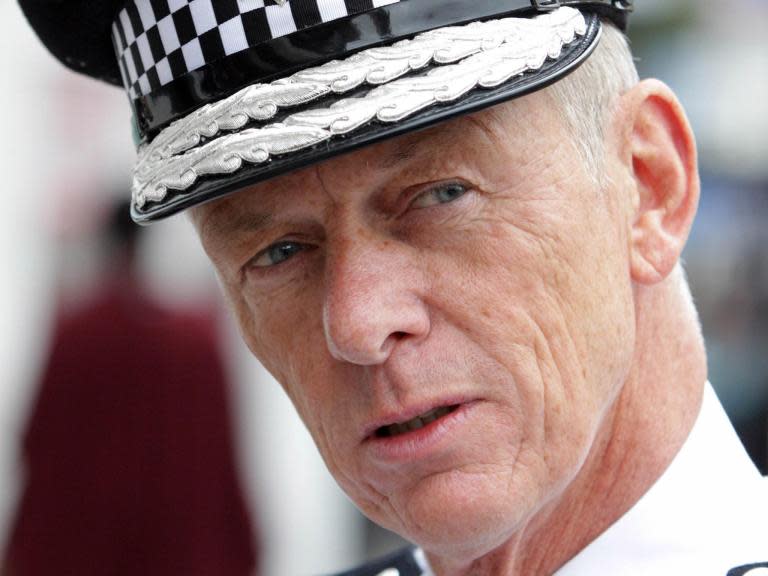UK government must look into legalising cannabis, says former Met Commissioner Bernard Hogan-Howe
Former Metropolitan Police chief Bernard Hogan-Howe has called for an urgent review of the evidence supporting cannabis legalisation.
It marks a significant shift in the attitude of the ex-police commissioner, who backed tough laws against cannabis during his time leading Scotland Yard.
The veteran police officer of nearly 40 years was made a life peer last year.
Lord Hogan-Howe said the Home Office must now reconsider its position following the recent legalisation of cannabis in Canada and some US states.
“If I was home secretary, I would have an urgent commission of experts to look at the evidence about what’s happening about cannabis in North America,” Mr Howe told Channel 4’s Dispatches programme.
Following the high-profile cases of children such as Alfie Dingley and Billy Caldwell, whose epilepsy responded well to the medicinal cannabis, the government announced in July that medicinal cannabis would be made available on prescription.
Lord Hogan-Howe said the evidence suggested that “where people use it for medicinal purposes, it slides into recreational”.
He went on: “Surely it’s better that we get ready for that potential change.
“I’ve not seen clear evidence to say change the law now. But I have seen clear evidence to say let’s review it, but in a time-limited way, not a kicking-into-the-long-grass way.
“I think we need to get on with it, now the government has made it easier to get medical cannabis on prescription.
“We’re lucky – we’re not the pioneers and we can learn from others’ mistakes. The evidence is out there and it shouldn’t be ignored.”
The Home Office said the recent law change regarding medicinal cannabis “does not pave the way towards legalising cannabis for recreational use”.
It added: “The decriminalisation of cannabis would not eliminate … illicit trade … or the harms associated with drug dependence.”
Lord Hogan-Howe called for cannabis to be upgraded from a class C to a class B substance in 2007. The government made the change the following year, meaning possession of the drug can be punished by up to five years in prison and an unlimited fine.

 Yahoo News
Yahoo News 

